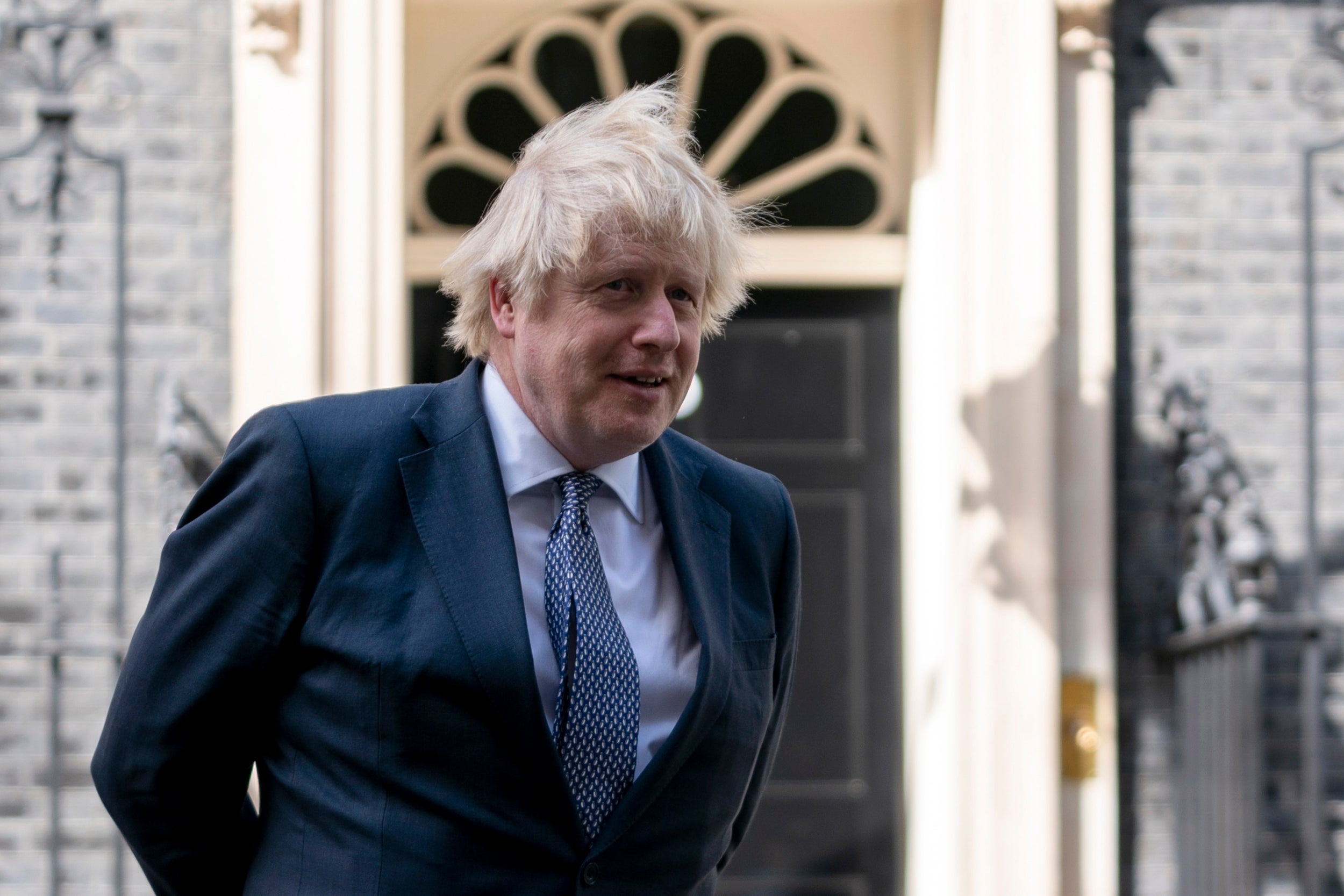
The government’s coronavirus testing capacity has been “inadequate” throughout the pandemic and there has been a lack of transparency over some of its crucial decision-making, MPs have told Boris Johnson.
The Commons Science and Technology Committee has identified several lessons to learn from the UK’s handling of the outbreak, which has seen its testing strategy pilloried for being too slow and not aggressive enough.
It also called on the government to “urgently” build up capacity for contact tracing, a key tactic in helping ease existing lockdown measures.
Download the new Independent Premium app
Sharing the full story, not just the headlines
In a letter to the prime minister assessing evidence to the committee during the pandemic, its chairman Greg Clark said: “Testing capacity has been inadequate for most of the pandemic so far.
“Capacity was not increased early enough or boldly enough. Capacity drove strategy, rather than strategy driving capacity.”
Health secretary Matt Hancock announced on 2 April that he wanted to reach 100,000 daily coronavirus tests by the end of the month.
The target was reached for the first time on 30 April but ministers were accused of inflating the figure because it included the number of tests which had been sent out but not completed.
The milestone has been reached only a handful of times since.
Mr Clark also said Public Health England (PHE) had repeatedly failed to answer questions over the “pivotal” decision to ignore mass testing in favour of other tactics.
He said: “The decision to pursue an approach of initially concentrating testing in a limited number of laboratories and to expand them gradually, rather than an approach of surging capacity through a large number of available public sector, research institute, university and private sector labs is one of the most consequential made during this crisis.
“From it followed the decision on March 12 to cease testing in the community and retreat to testing principally within hospitals.”
The latest news on Brexit, politics and beyond direct to your inbox
He said the decision meant that residents in care homes and care home workers could not be tested at a time when the spread of the virus was at its most rampant.
Mr Clark wrote: “Had the public bodies responsible in this space themselves taken the initiative at the beginning of February, or even the beginning of March, rather than waiting until the Secretary of State imposed a target on April 2, knowledge of the spread of the pandemic and decisions about the response to it may have made more options available to decision makers at earlier stages.”
The committee also identified concerns over the transparency of its Scientific Advisory Group for Emergency (Sage) membership amid concerns political interference could affect the guidance.
The report, based on evidence sessions with experts including Sir Patrick Vallance, the government’s chief scientific adviser, and Professor Chris Whitty, chief medical officer for England, found the approach to dealing with asymptomatic carriers of Covid-19 was “unclear”.
It called on the government to “urgently” expand its contact tracing capacity in “order to facilitate further easing of social distancing measures as soon as possible, while minimising the risk of a second peak in infections”.
It came as Downing Street announced the NHS contact tracing app – trailed on the Isle of Wight this month – will be launched across the country in the “coming weeks”.
PA



